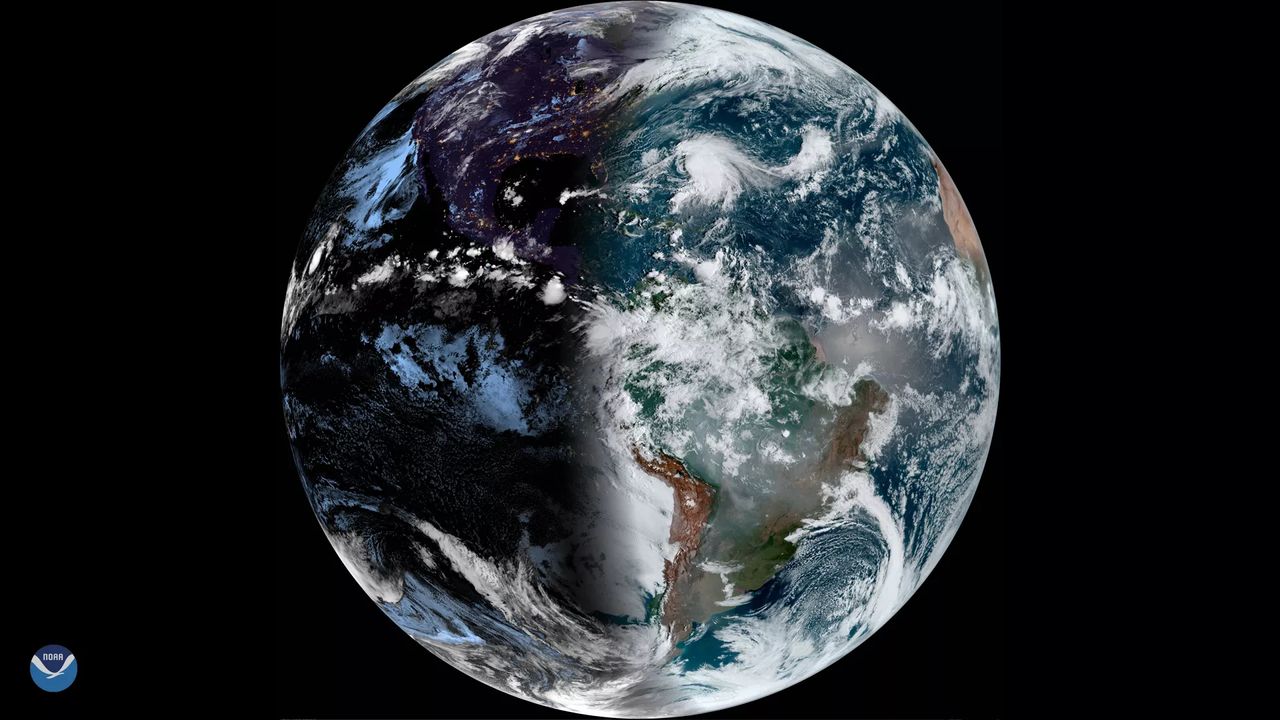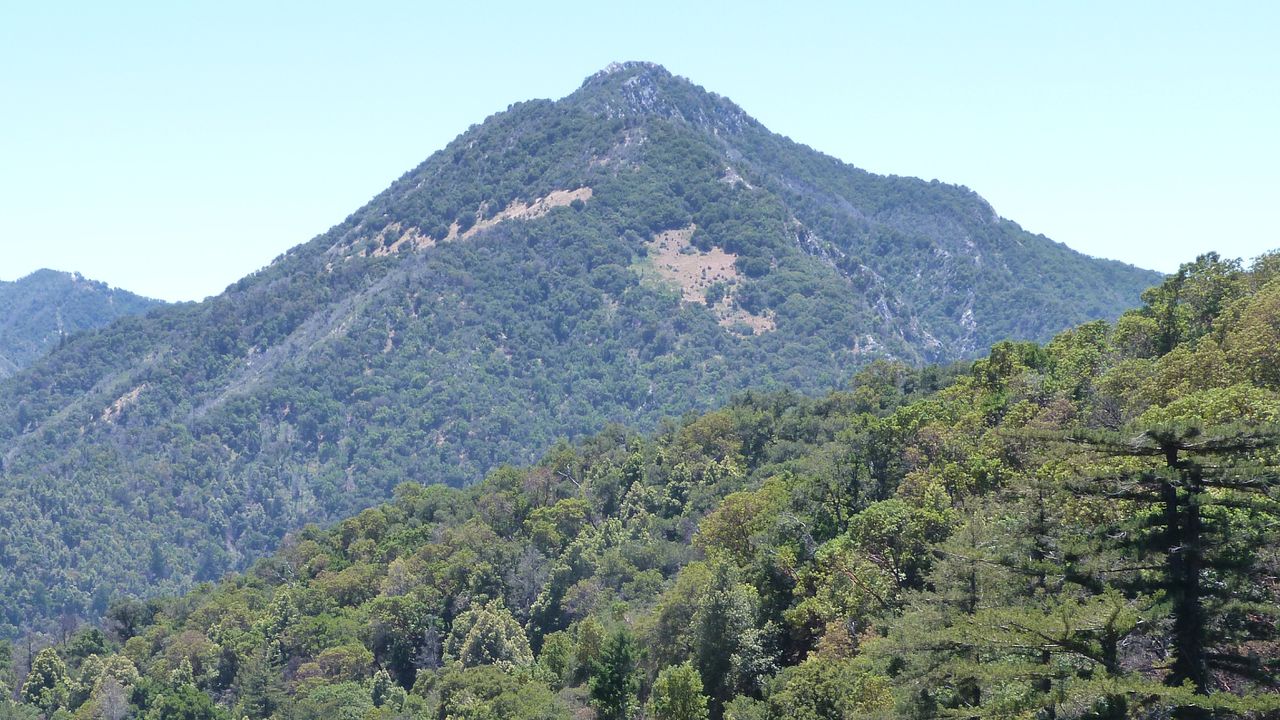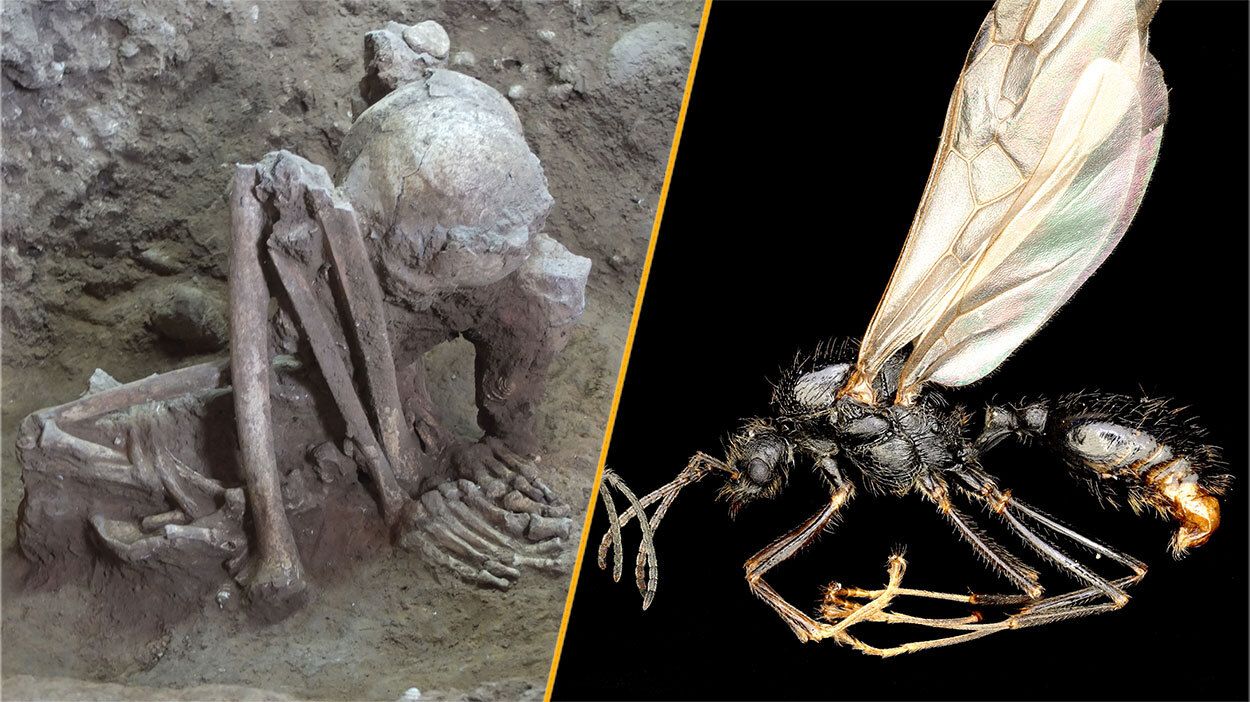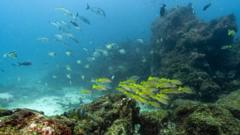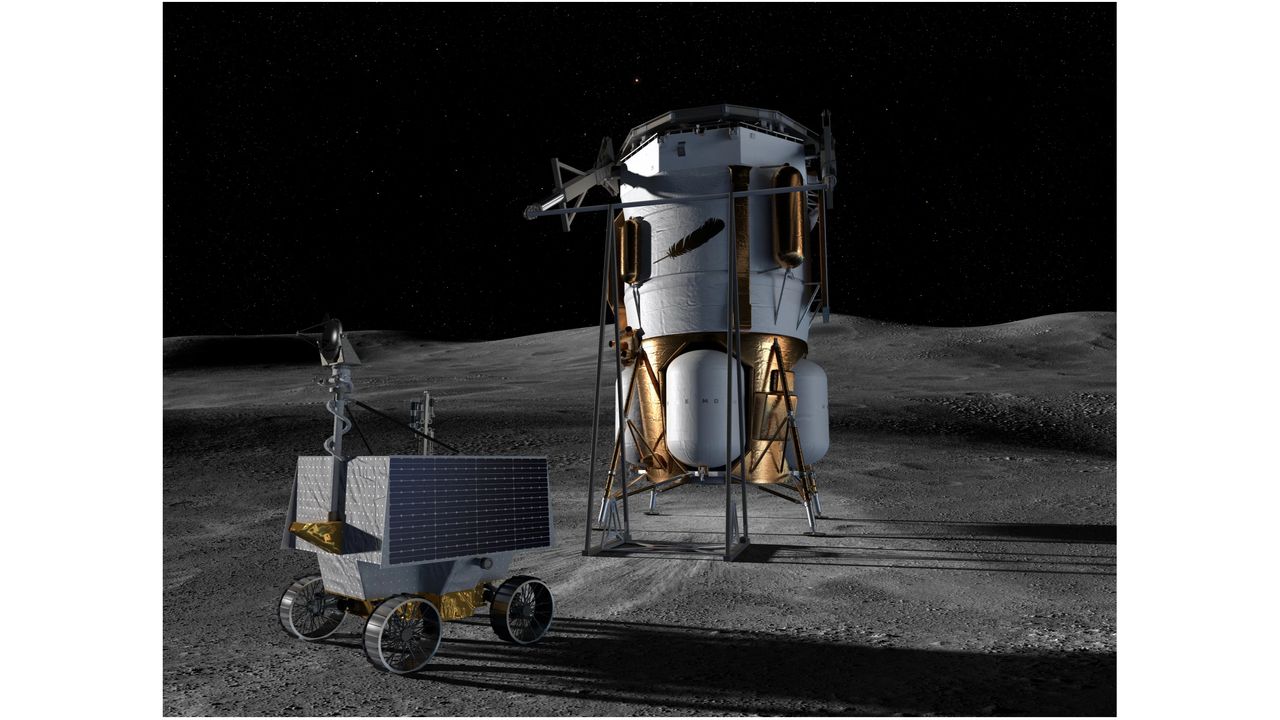'We must replace this capability now': New NOAA satellite to replace aging space weather sentinels launches Sept. 23
PositiveScience
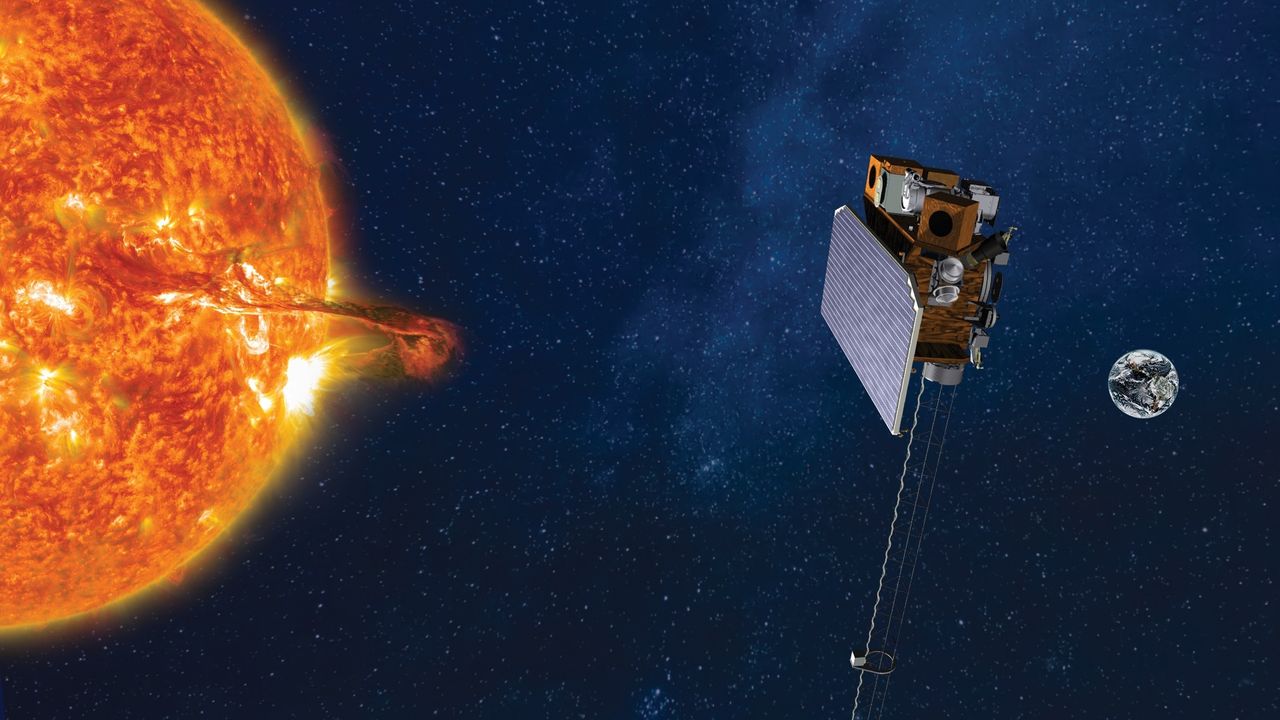
NOAA is set to launch a new satellite on September 23, designed specifically to monitor space weather and replace its aging satellites. This new capability is crucial as it will enhance our understanding of solar activity and its potential impacts on Earth, ensuring better preparedness for space weather events that can affect technology and infrastructure.
— Curated by the World Pulse Now AI Editorial System
